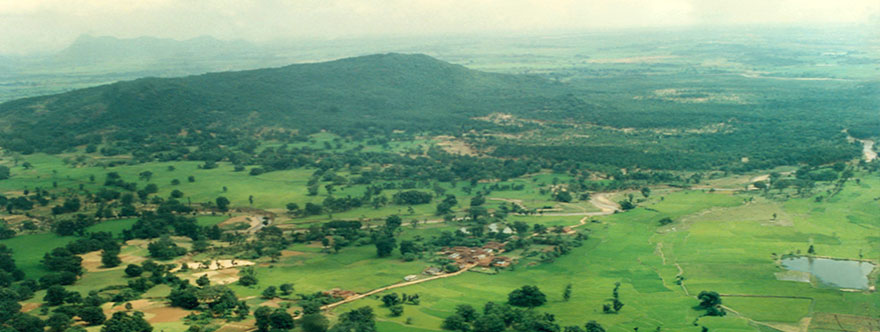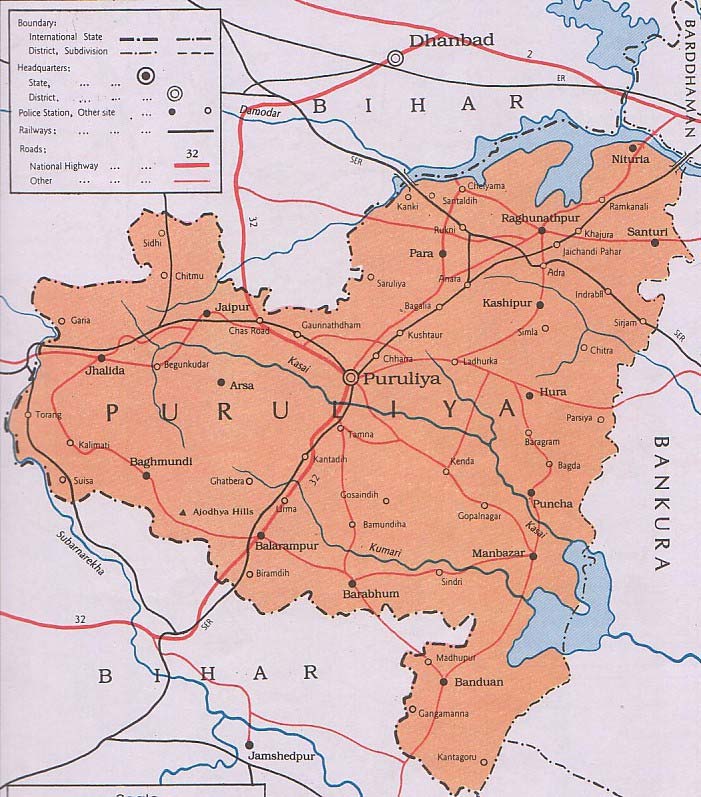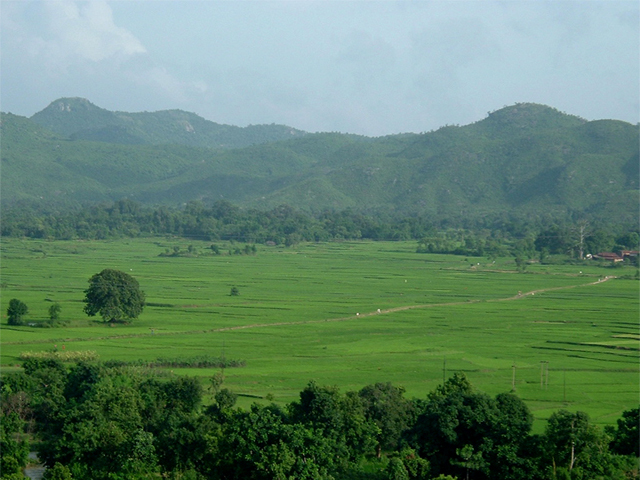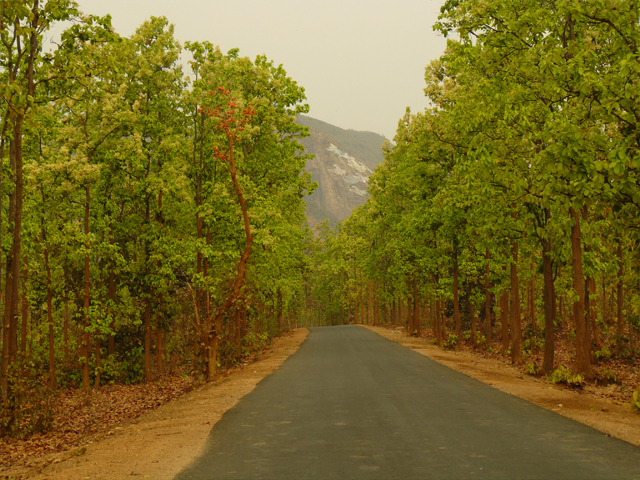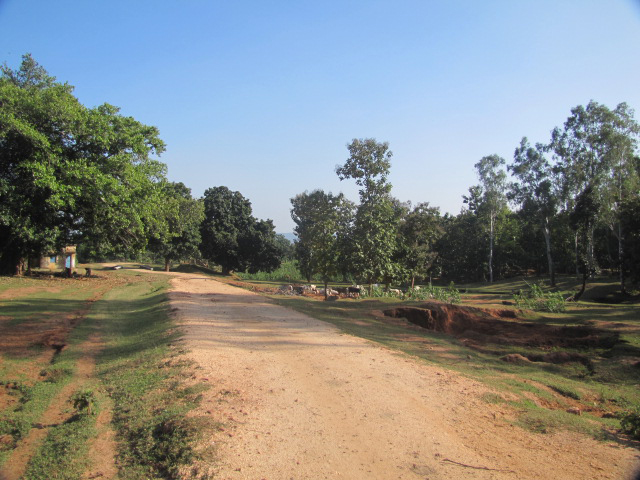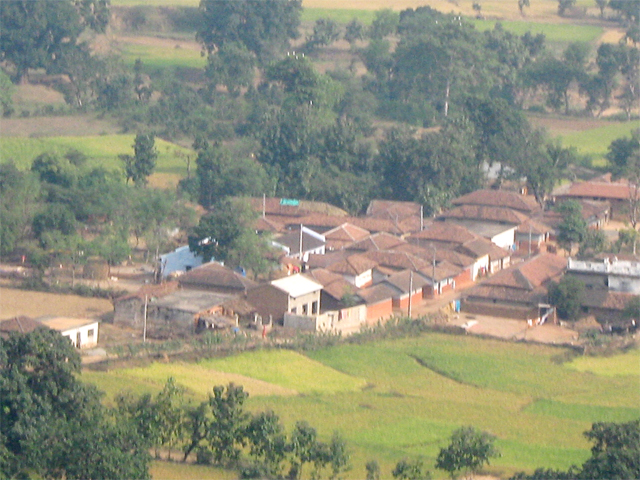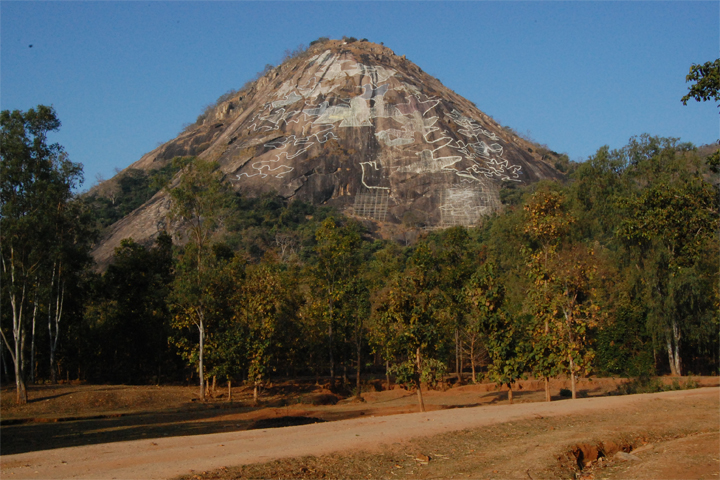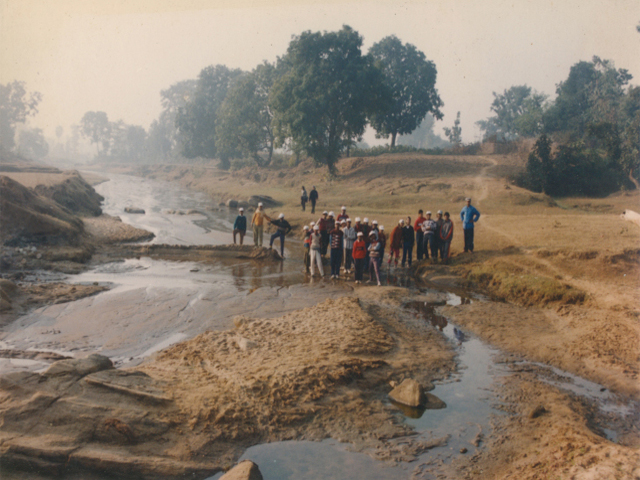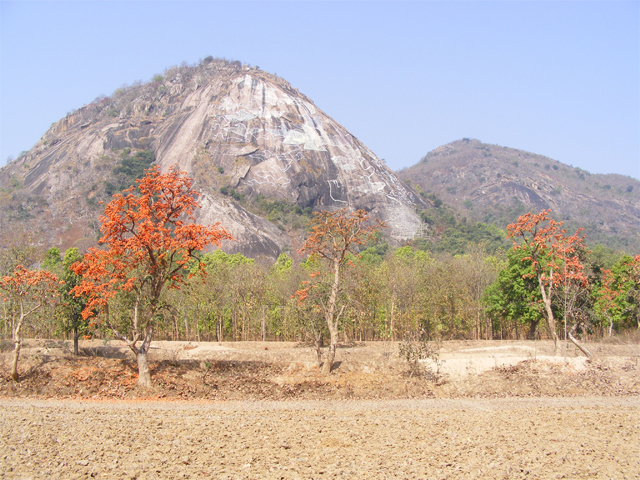The Pakhipahar project launched by the Flight To Harmony Foundation is changing the
social and cultural landscape of Purulia district of West Bengal. The area is as rich in
cultural heritage as in its natural beauty.
The Matha range close to the town of Balarampur
in Purulia has a hill called Murar Buru ('The bald hill' in the local dialect) which is being
transformed into the Pakhipahar (literally 'The bird hill') or, as the locals call it, Chere
Buru. It is situated within the periphery of Srirampur, a village that is one kilometer from
Bhuchungri, a small junction between Balarampur and Bagmundi. The place is 50 kms from
Purulia, 70 kms from Jamshedpur and 110 kms from Ranchi.
Purulia is a land of extremes. The weather is generally dry and hot during the day;
sometimes the mercury touches the bottom of the scale during winter, with near freezing
temperatures at night, but it's a drought-prone district, with a sub-tropical climate
characterized by high evaporation and low precipitation. Rainfall defines the climate of the
district. South-west monsoon is the principal source of rainfall in the district. Average
annual rainfall varies between 1100 and 1500 mm. The relative humidity is high in the
monsoon season, between 75% and 85%, but in peak summer it comes down to about 25%
to 35%. temperature varies over a wide range from 7 degrees Celsius in winter to 46.8
degrees Celsius in the summer.
The most enjoyable period here is the spring, which roughly spans from January to March. A
whole range of colourful flowers bloom all over the place and a wide variety of birds can be
seen. The locals, mostly Santhals, are very fond of palash (Butea monosperma), a deep red
flower that they often use to deck themselves up.
